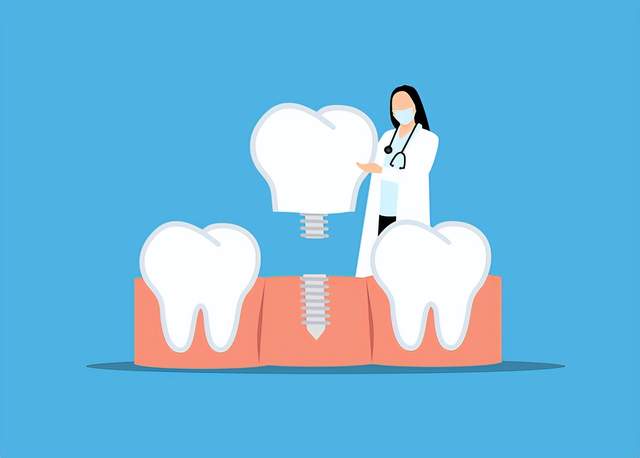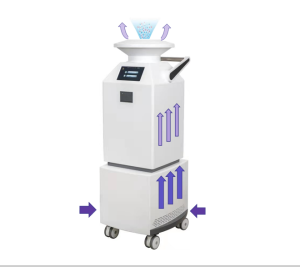Diseases Spread Through Blood and Saliva
In dentistry, procedures involving trauma and bleeding can lead to infections with hepatitis B, hepatitis C, and HIV/AIDS viruses if not performed properly. Additionally, dental instruments often come into contact with saliva, which may carry various infectious agents, increasing the risk of infection if proper precautions are not taken.

Causes of Infections in Dental Hospitals
Large Patient Flow: A large number of patients mean a higher likelihood of existing infectious diseases.
Many Traumatic Procedures: Dental treatments often involve procedures that cause bleeding or splatter, increasing the probability of infection.
Challenges in Instrument Disinfection: Instruments such as handpieces, scalers, and saliva ejectors have complex structures that make thorough disinfection and sterilization difficult, providing opportunities for virus residue.
Measures to Reduce Dental Infections
Proper Facility Design: Dental facilities should be logically laid out, separating treatment areas from disinfection and cleaning areas to prevent cross-infection.
Emphasis on Hand Hygiene: Healthcare workers should strictly adhere to hand hygiene rules, maintaining hand hygiene and wearing sterile gloves to reduce the risk of infection.
Instrument Disinfection: Adhere to the principle of "one person, one use, one sterilization" for instruments to ensure thorough disinfection.
Methods of Dental Equipment Disinfection

Hydrogen peroxide disinfection machine
Disinfection of Treatment Rooms: Where possible, maintain natural ventilation, regularly wipe, clean, and disinfect items within the treatment room to ensure a clean environment.
Disinfection of high-risk instruments: High-risk instruments that come into contact with patient wounds, blood, body fluids, or enter sterile tissues, such as dental mirrors, tweezers, forceps, etc., should be disinfected before use, and their surfaces should be disinfected and cleaned to facilitate sterile storage.
Preventive Measures in Dental Infection Control
Staff Training: Strengthen training on hospital infection knowledge to enhance healthcare workers' infection control awareness.
Establish Prevention Systems: Improve standard prevention systems in dentistry and strictly enforce them.
Screening and Protection: Screen patients for infectious diseases and implement preventive measures before diagnosis and treatment. Healthcare workers should take appropriate occupational protection measures and maintain personal hygiene.
By implementing these measures, dental facilities can effectively reduce the risk of infections and provide safer treatment environments for patients.